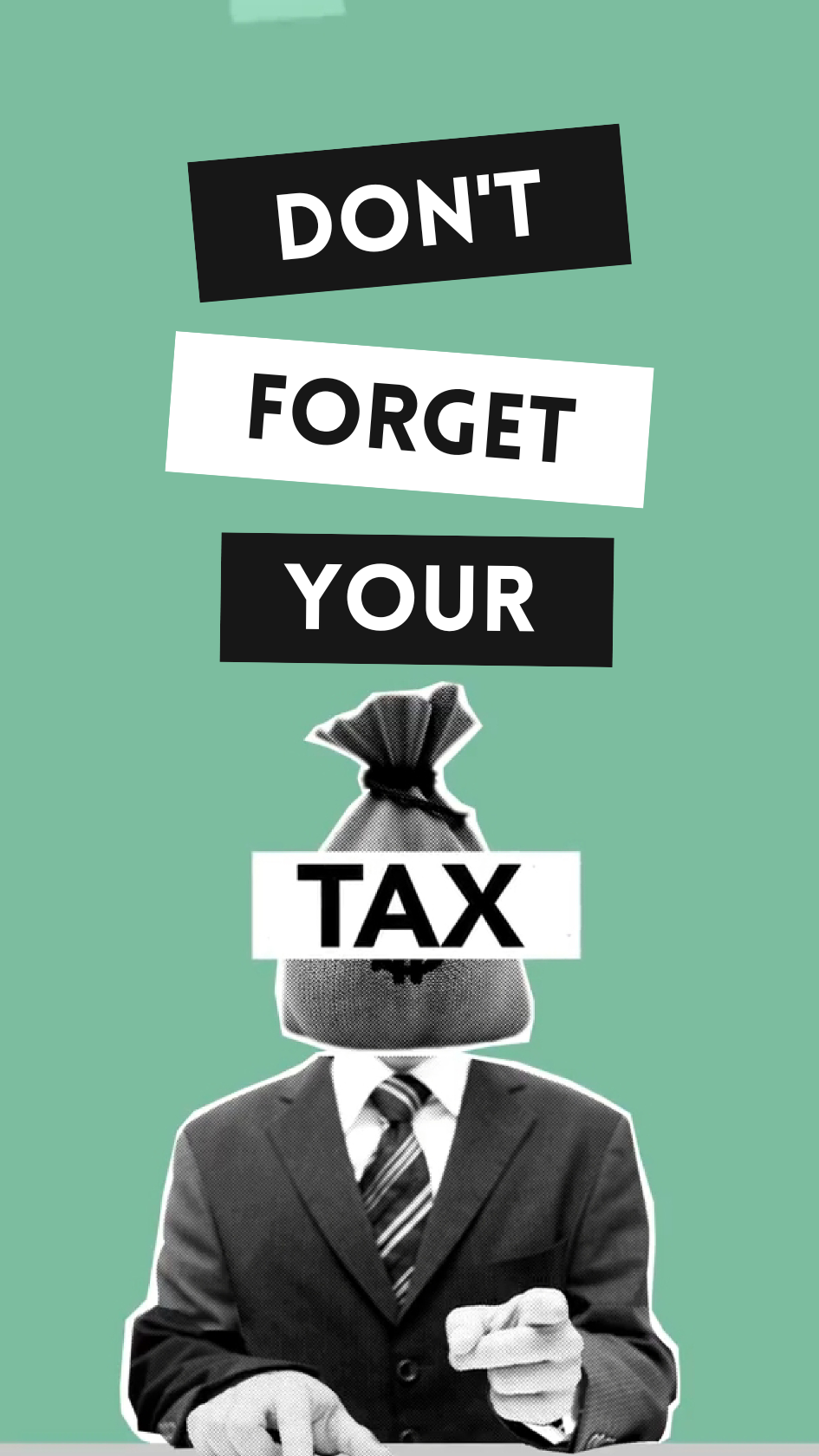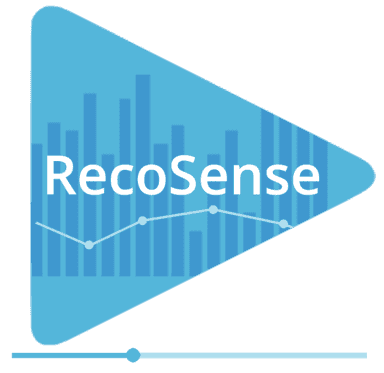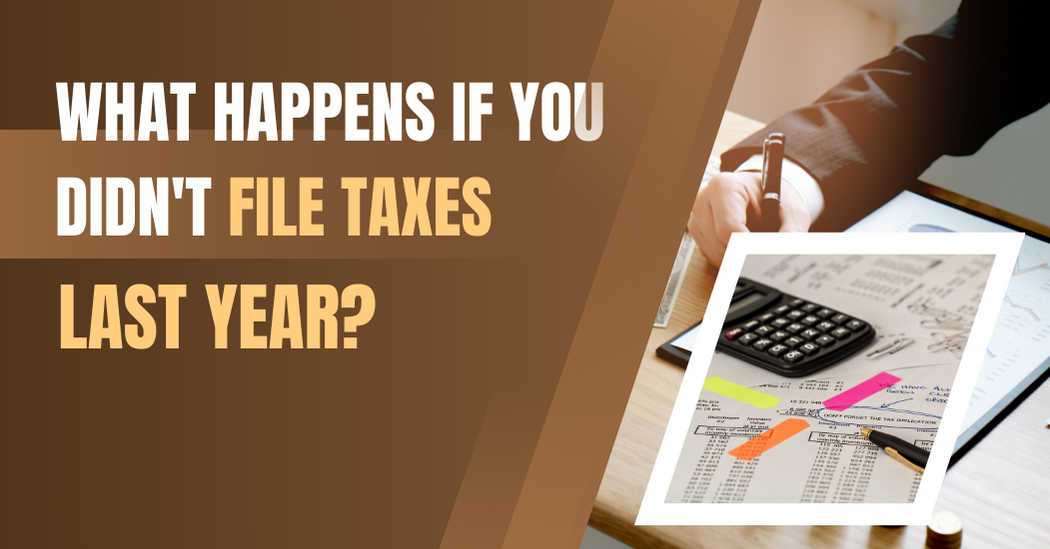What are the Consequences of Not Filing taxes?
For those who owe taxes, not filing leads to back taxes. If your paycheck withholdings cover your taxes, not filing means losing out on potential refunds. Although delayed returns aren't penalized immediately, there's a three-year limit to claim your refunds.
The IRS may audit you if they discover the omission, potentially resulting in financial consequences.
Can You Go to Jail for Tax Non-Filing or Non-Payment?
Yes!! While jail time is possible for intentional tax evasion, it's highly improbable for unpaid back taxes. Typically, legal proceedings with the IRS focus on civil penalties rather than criminal charges. The IRS aims to collect payments rather than imprison individuals for mistakes or late filings.

Late Tax Filing: Consequences and Penalties
Filing taxes late incurs a penalty. The failure to file penalty is 5% of the unpaid taxes per late month, up to 25% of the total taxes due. To minimize costs, it's advisable to file within one month of the due date if you miss the deadline.
What are Back Taxes?
When someone has back taxes, it means they haven't paid their taxes from one or more previous years. Filing these back taxes is similar to the process of filing regular annual or quarterly taxes.
Filing back taxes isn't much different from the usual process of filing your taxes. You have a few ways to do it, and the best option depends on how much you owe and your ability to pay the IRS.
A Step-by-Step Guide to Settling Unfiled Taxes from the Last Year
To figure out the best way to file, think about how much you owe, if you owe anything, and how much you can pay the IRS. Take some time to explore your options, and pick the one that works best for you.
Step 1: Gather all essential documents
Gather your wage forms for the year or years you're filing back taxes. These are typically W2 forms or 1099s. If any documents are missing, don't worry—you can ask the IRS for forms covering the past 10 years.
To proceed with filing your back taxes, you'll need the specific tax forms, commonly known as the 1040 form for the corresponding year
Step 2: Choosing the Right Way to File Back Taxes
Consider the Streamlined Filing Compliance Procedures if you haven't filed due to unawareness. This IRS program allows compliance without facing penalties. File the last 3 years of tax returns and 6 years of FBARs (if applicable), accompanied by an explanation for the late filings.
Before that, decide how you want to file your taxes. Whether it's a DIY approach, using tax software, or going to a tax professional's office, the level of assistance you choose affects the cost. Professional help may come with a price tag, but many find the peace of mind it offers well worth it.
Ensure each tax return is filled out accurately and completely. If uncertain about any information, it's safer to seek professional advice than to risk making mistakes.
Why Filing Back Taxes is Important
Claim a Potential Refund
Filing back tax returns allows you to check if the IRS owes you a tax refund. Sometimes, excess federal income taxes are withheld, leading to a refund that can boost your finances.
Avoid Penalties and Interest
Timely filing prevents or reduces late filing and payment penalties. Not filing on time may result in additional fees of 5% of the unpaid tax per month, up to five months, with minimum penalty limits. A failure to pay on time incurs an extra 0.5% monthly, plus ongoing interest charges.
Documentation for Loan Applications
Having filed tax returns is crucial for loan applications, especially for mortgages and business loans. Lenders often require income documentation, and having your tax returns in order simplifies the approval process.
Qualify for Social Security Benefits
Self-employed individuals need to file tax returns and pay Social Security and Medicare taxes. This ensures eligibility for Social Security retirement and disability benefits, as well as Medicare benefits when needed.

